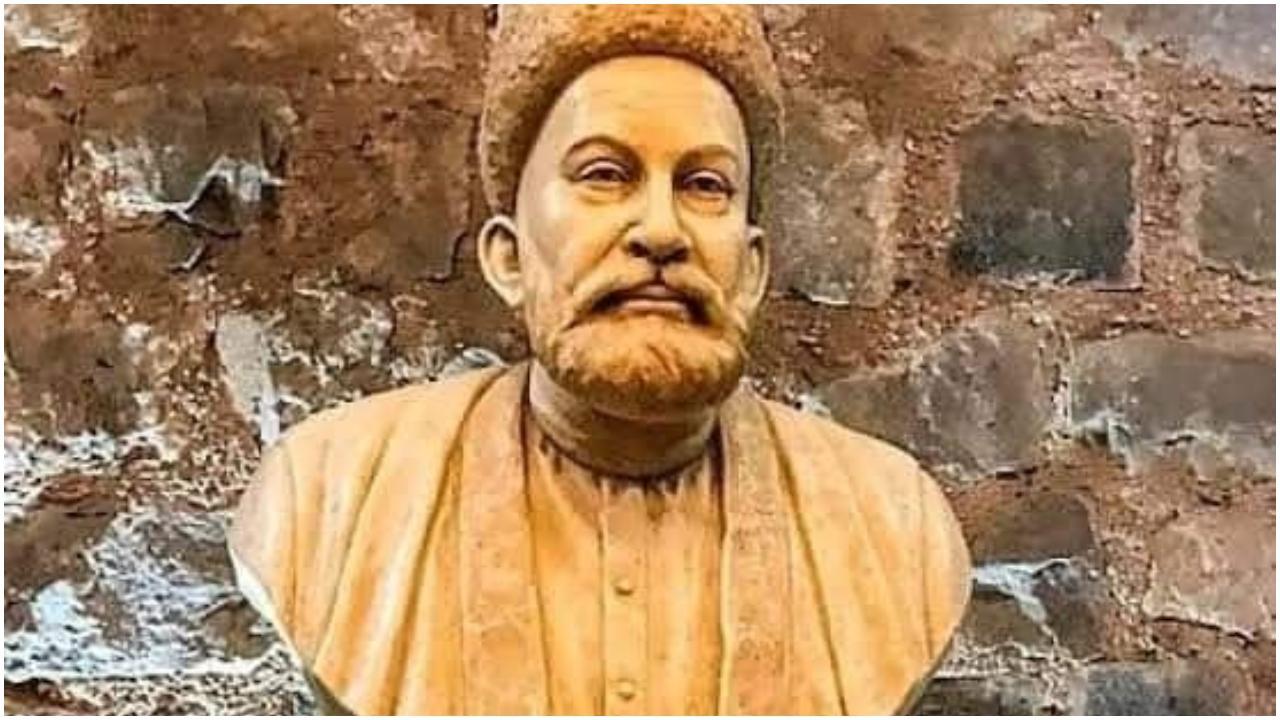Deborah Levy is a presence, entering a cafe in north London with slightly wild hair, a large brooch at her throat and a Lime bike parked across the street, ready to convey her back up the hill after our interview. At 65, she has an appeal that is both literary and popular, with an intensity matched only by the devotion of her readers. In the first moments of our interview, Levy whips out her phone to show me a photo of a woman she met in Italy who, to Levy’s delight, had a tattoo on her upper arm of the French writer .
“I don’t think I’d do it,” she says thoughtfully of the tattoo, but it seems to me there are women out there for whom a tattoo of Levy wouldn’t be a gesture too far. Levy has written about Duras in a new collection, The Position of Spoons, a series of short (in some cases, very short) pieces in which the title essay refers to a line delivered to Levy back in her 20s by a creepy, voyeuristic neighbour. She also writes of her early passion for , a woman who “had a self-possessed kind of beauty” and, importantly for the teenage Levy, was “a writer who looked like a movie star”.
She identifies with Duras as someone who “was a reckless thinker, an egomaniac, a bit preposterous really”, which is as close as Levy will get to sending herself up. There is a long, interesting piece about Elizabeth Hardwick’s and an essay on Lee Miller. Most of the pieces are culled from book introductions or periodicals and journals, but there are a few new addi.



















